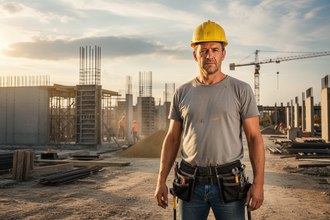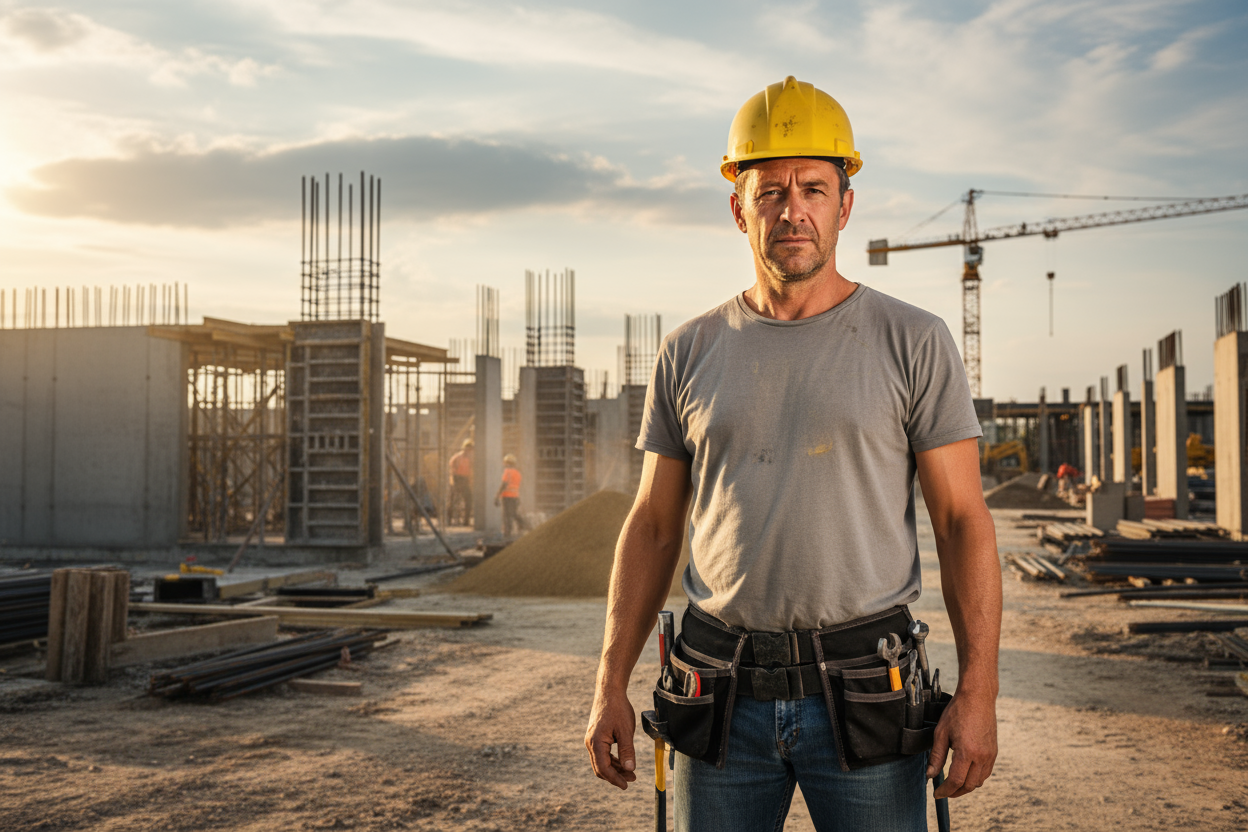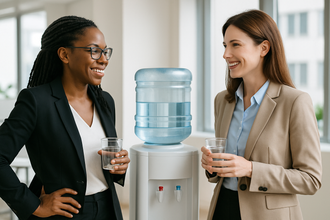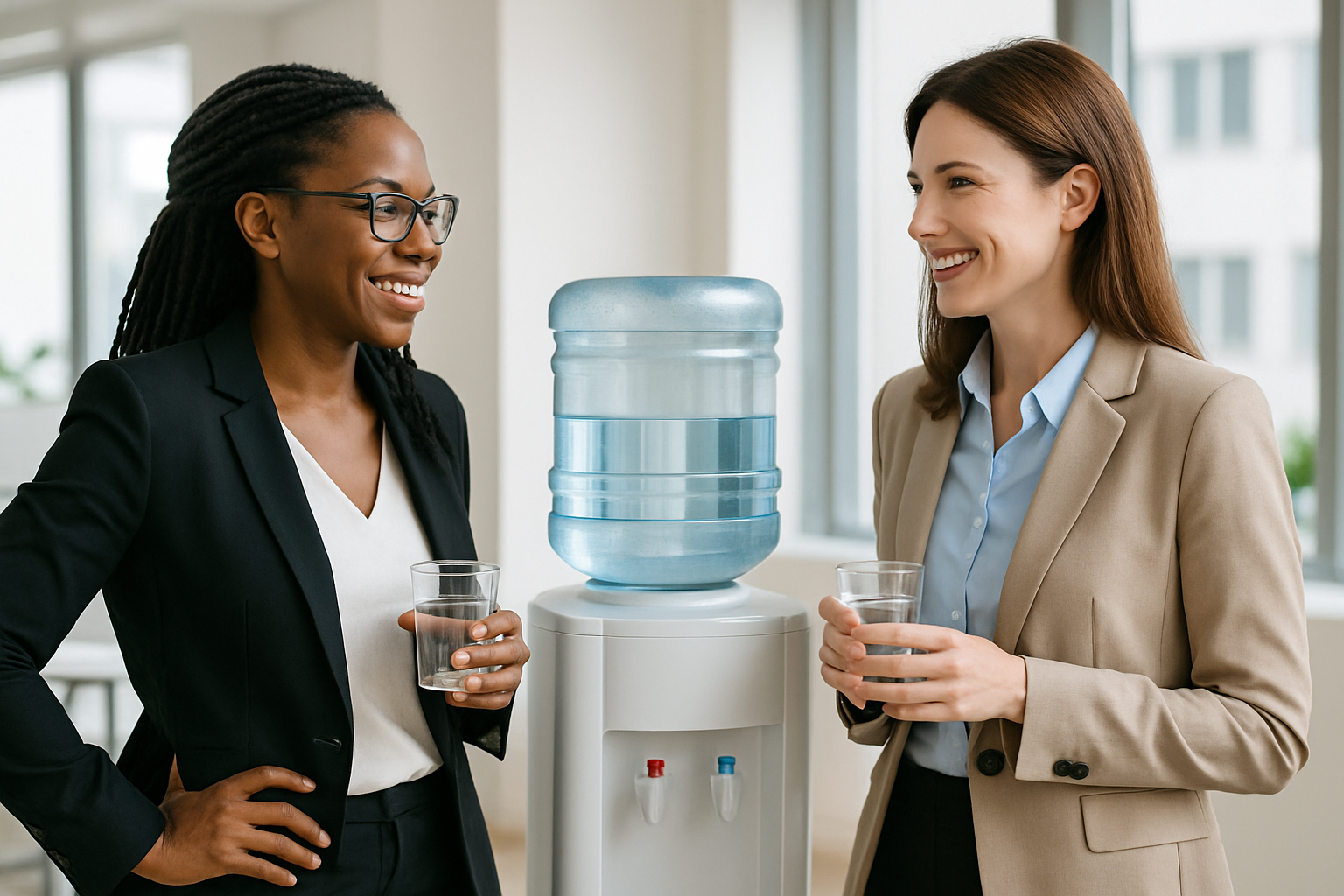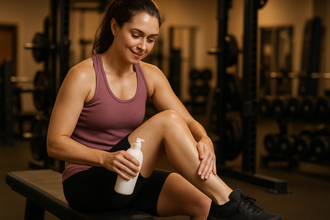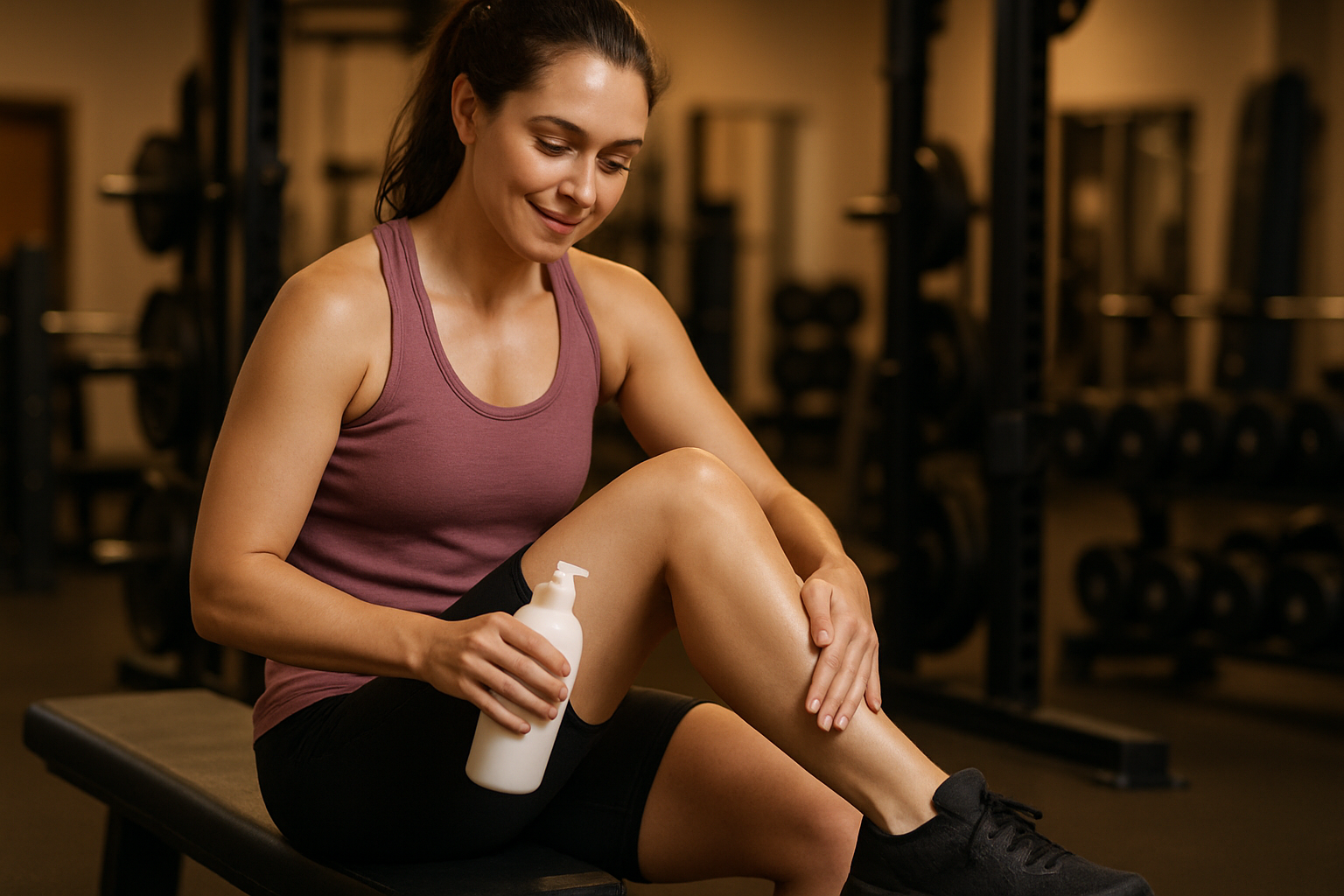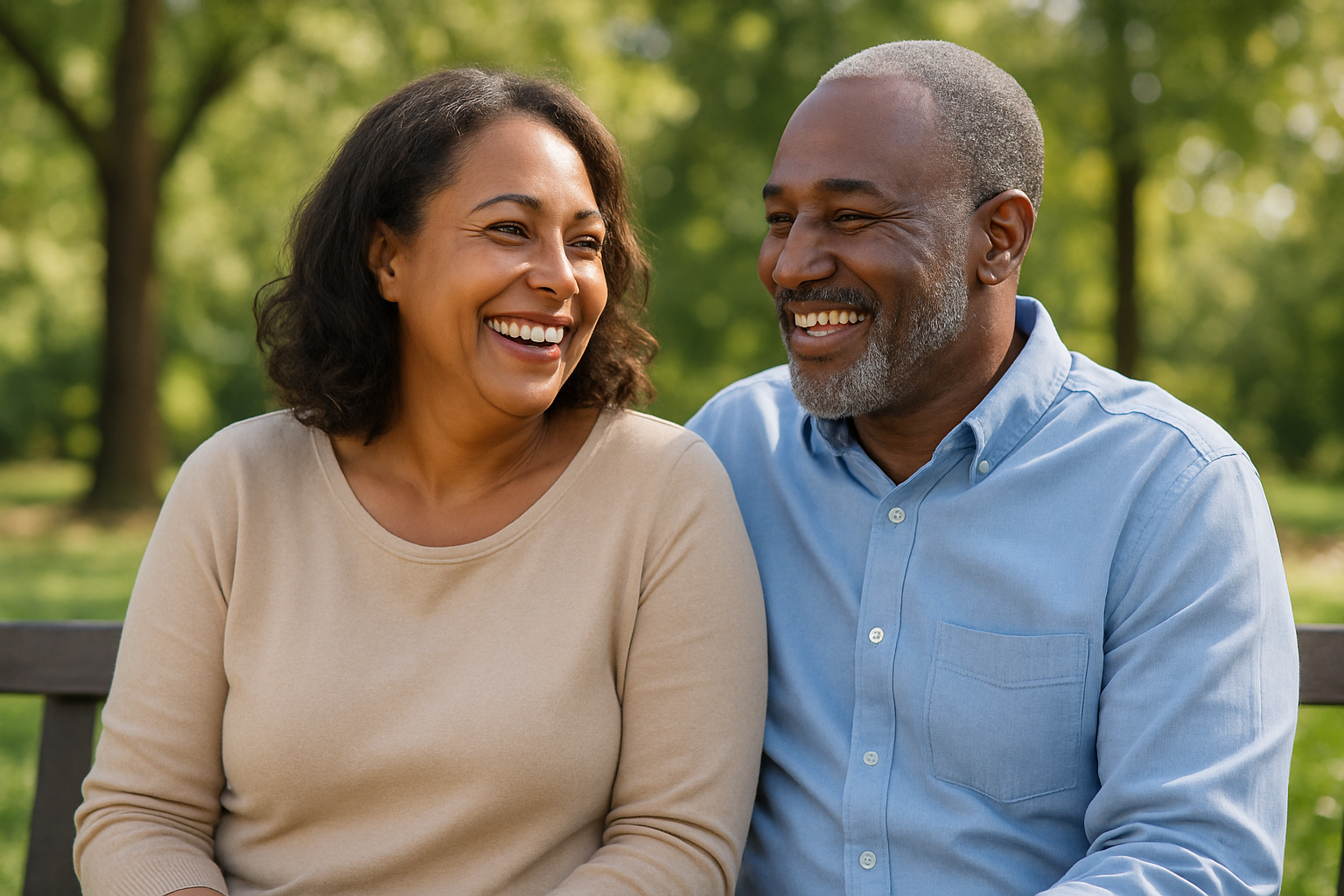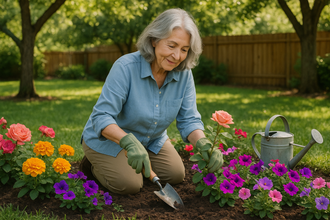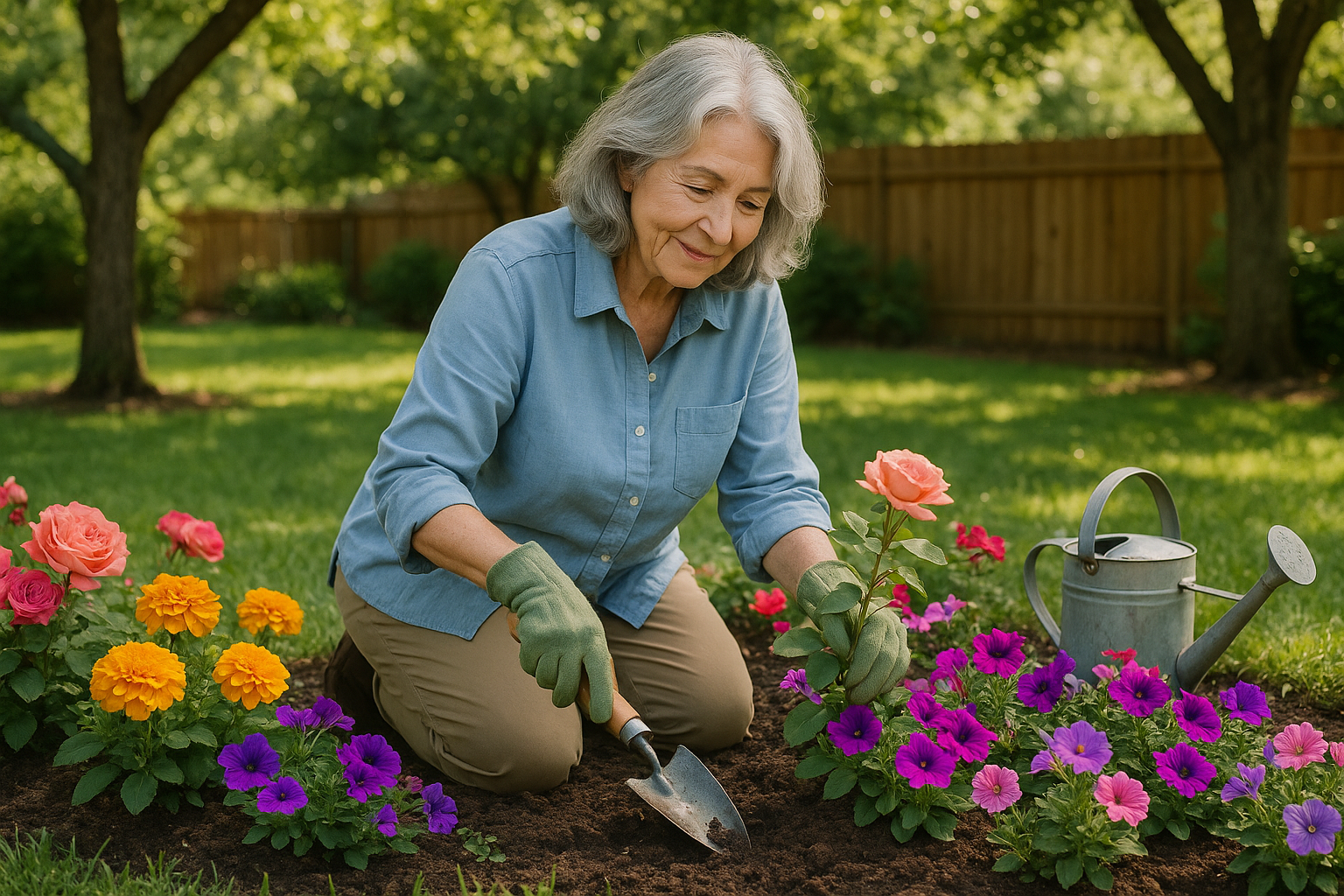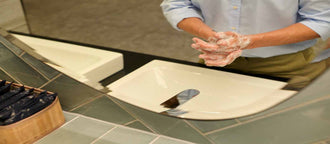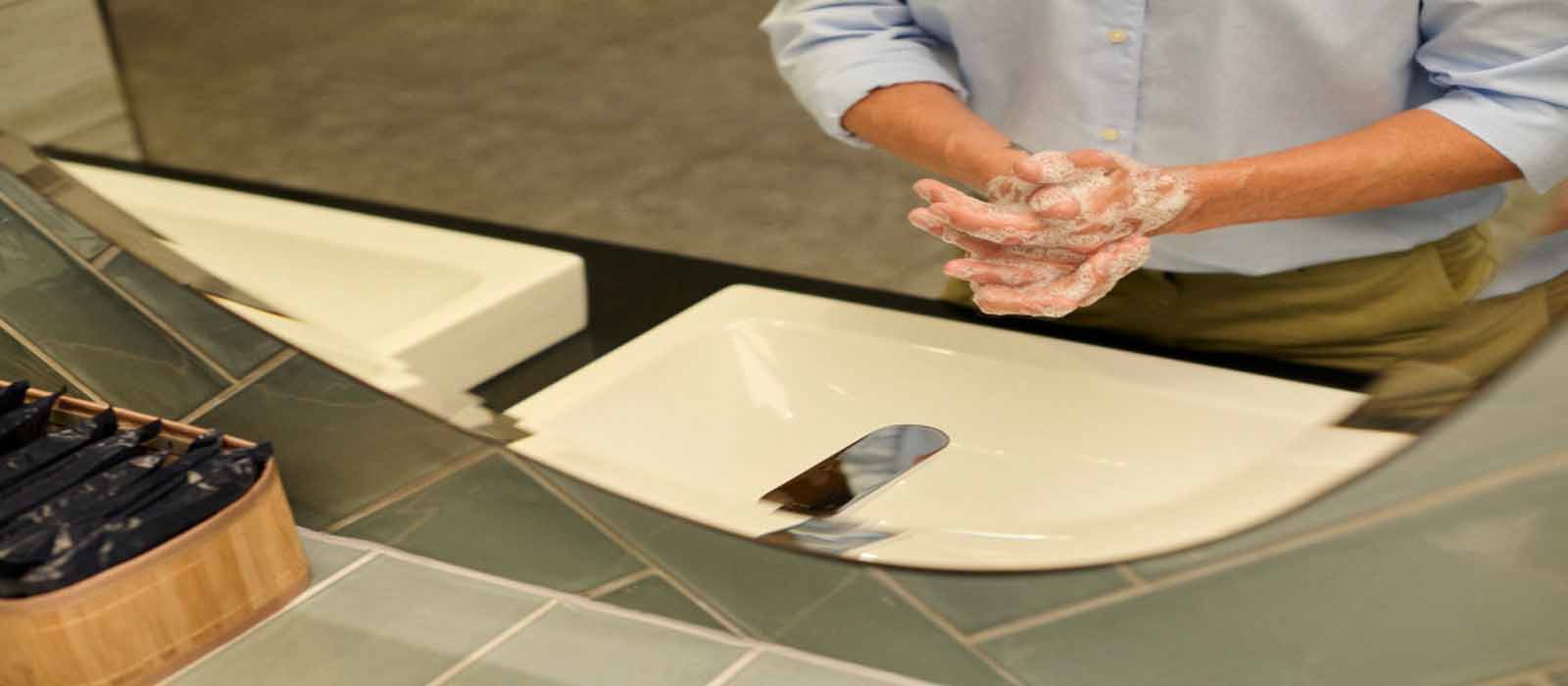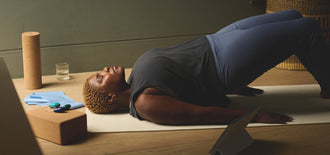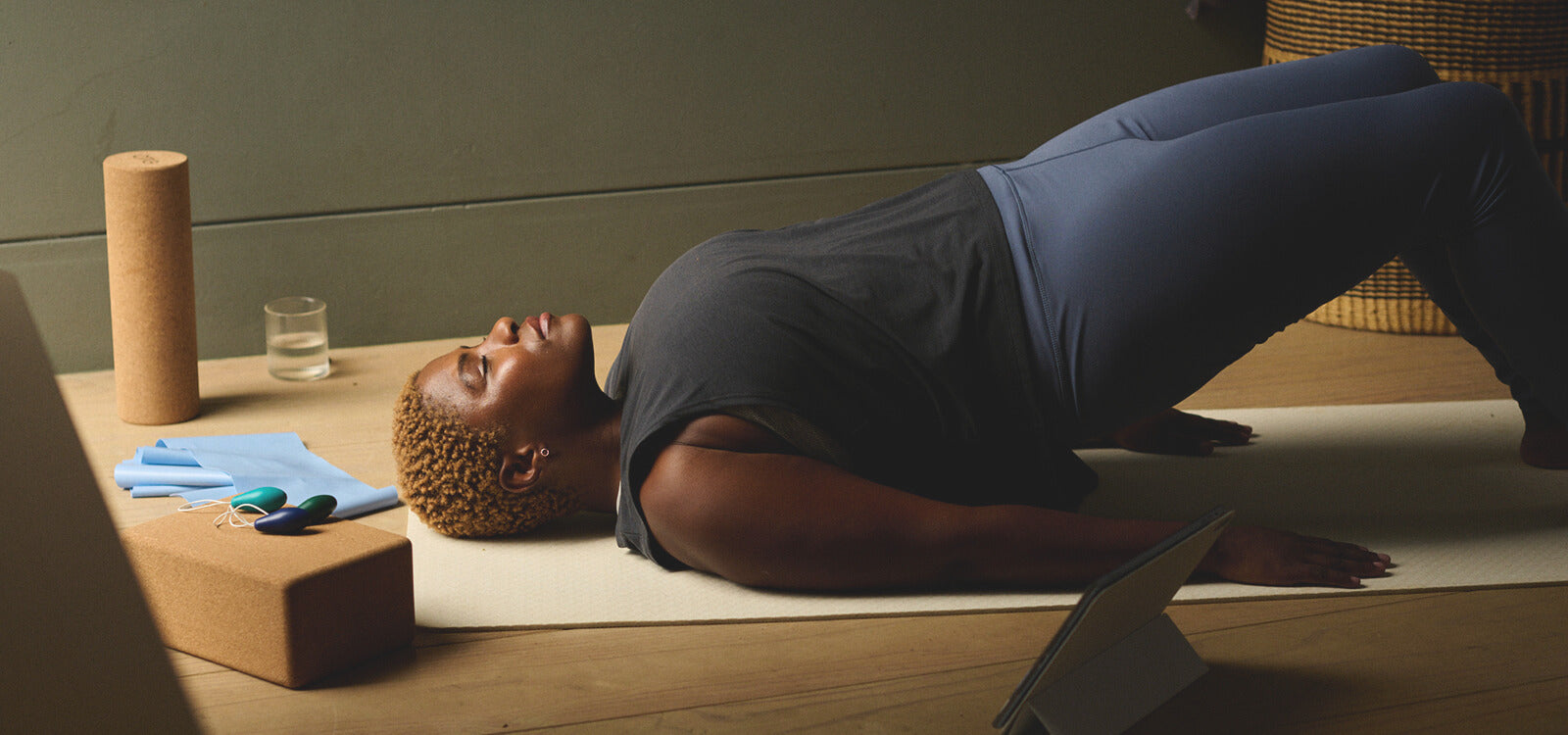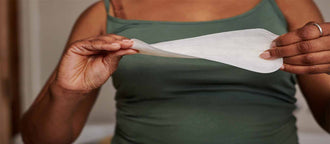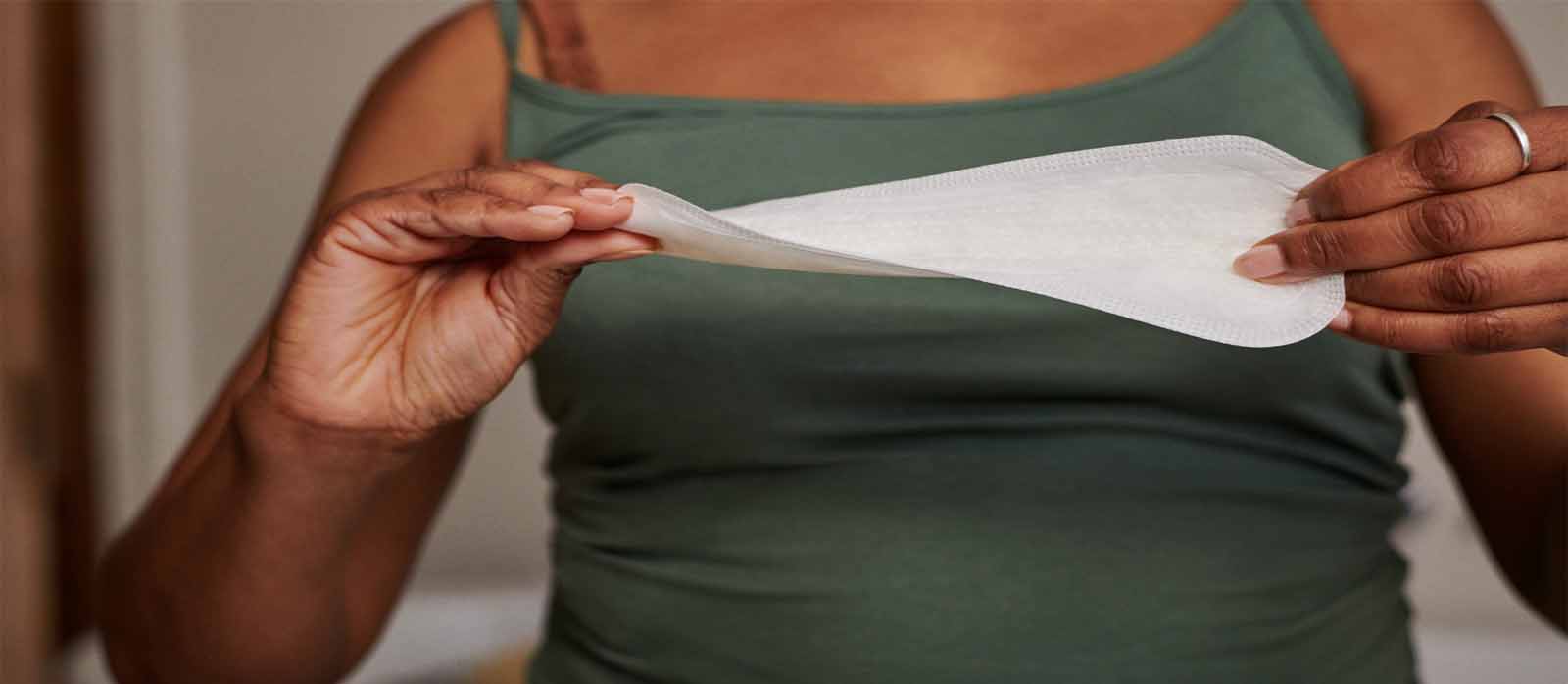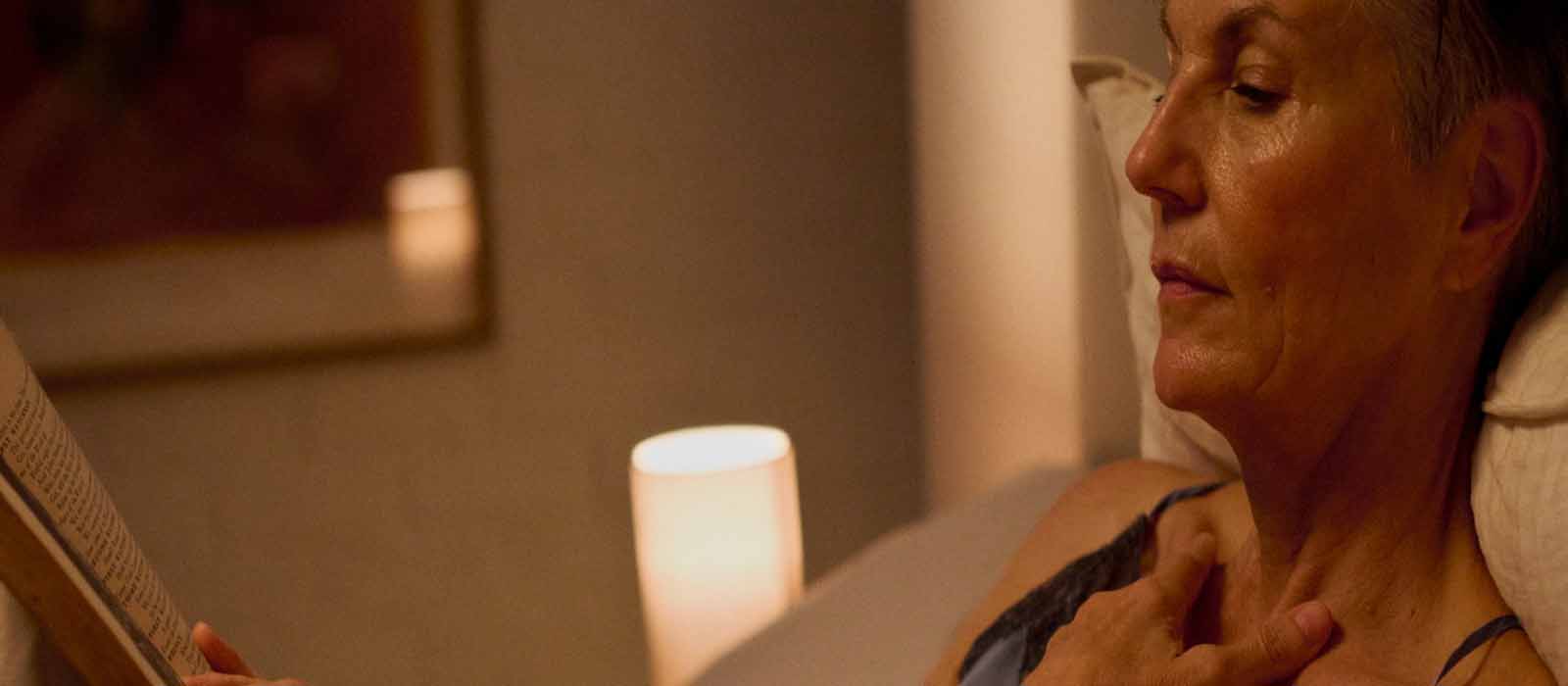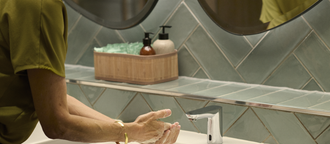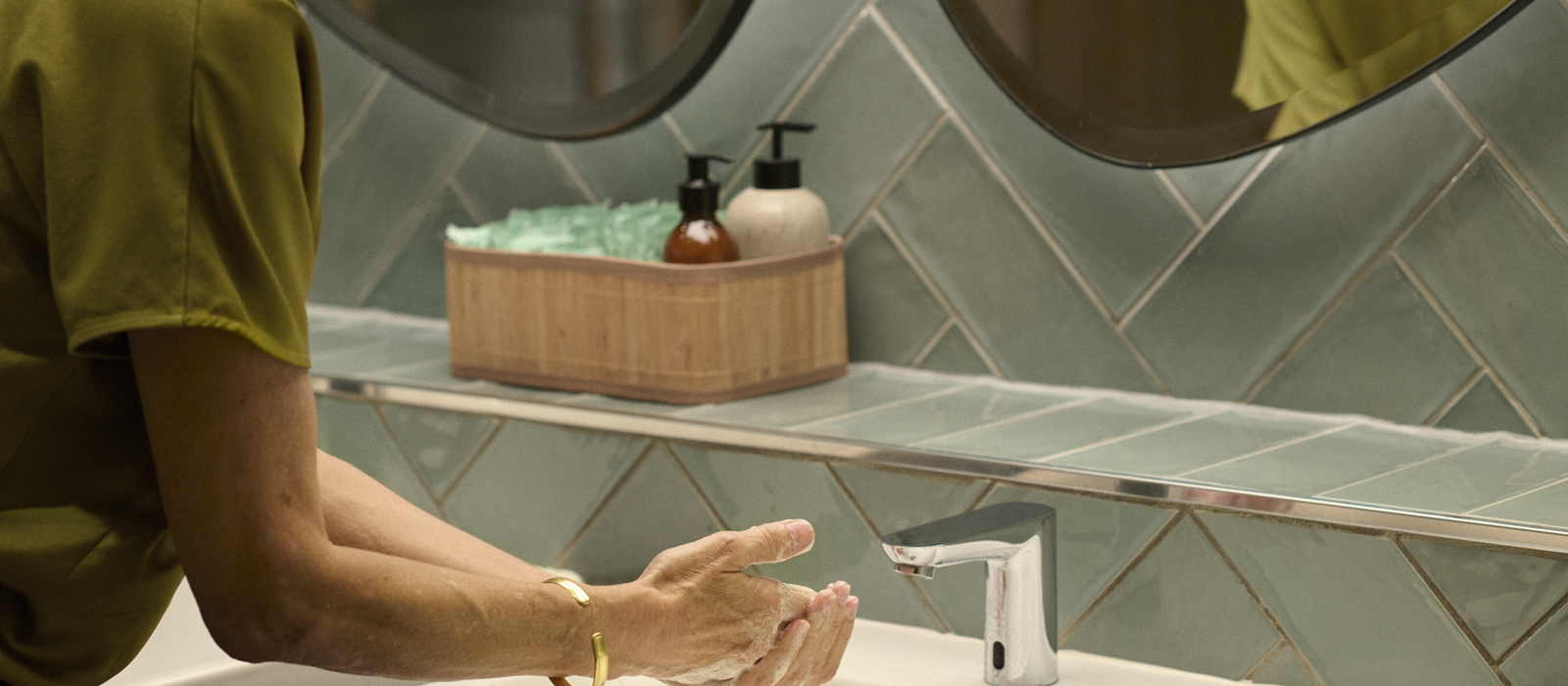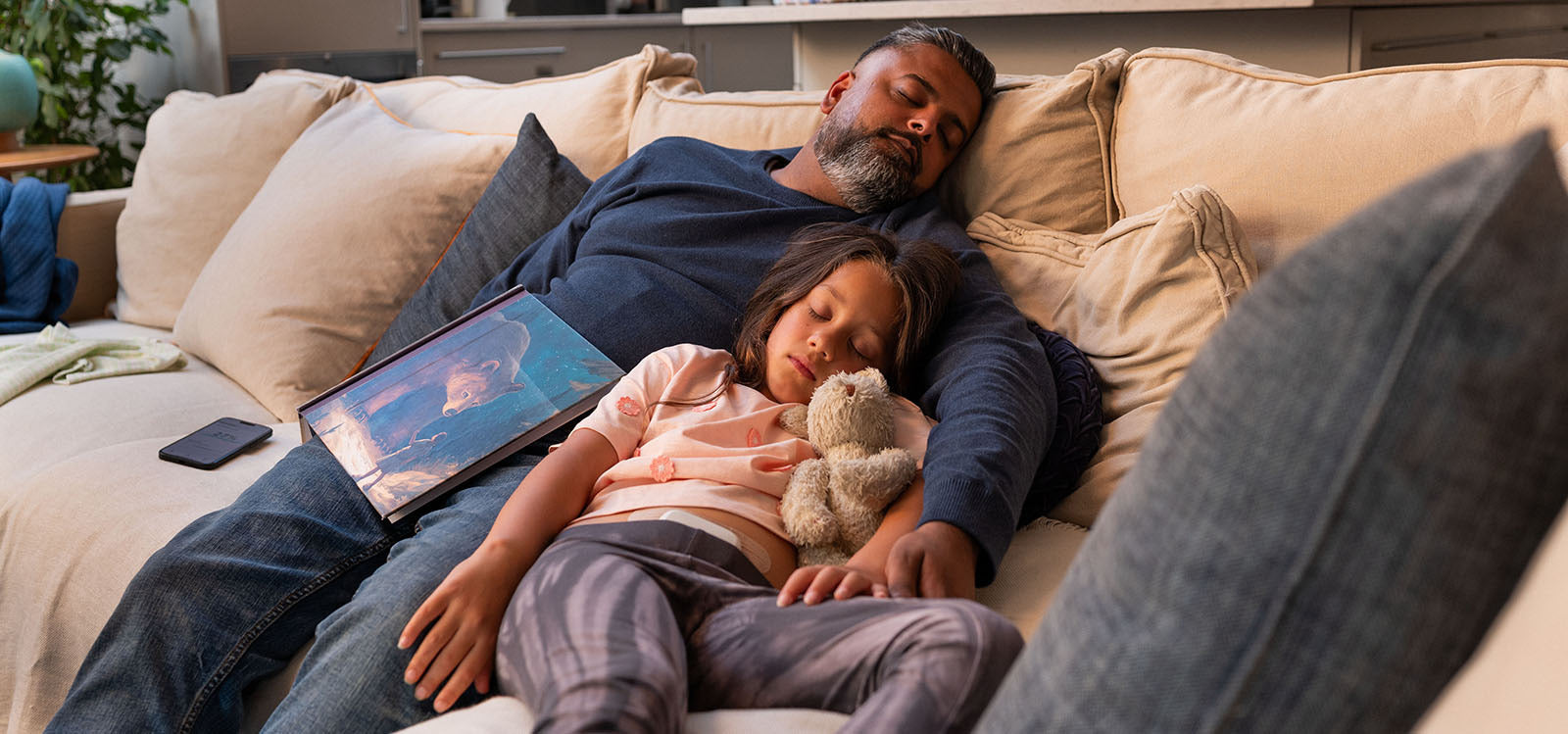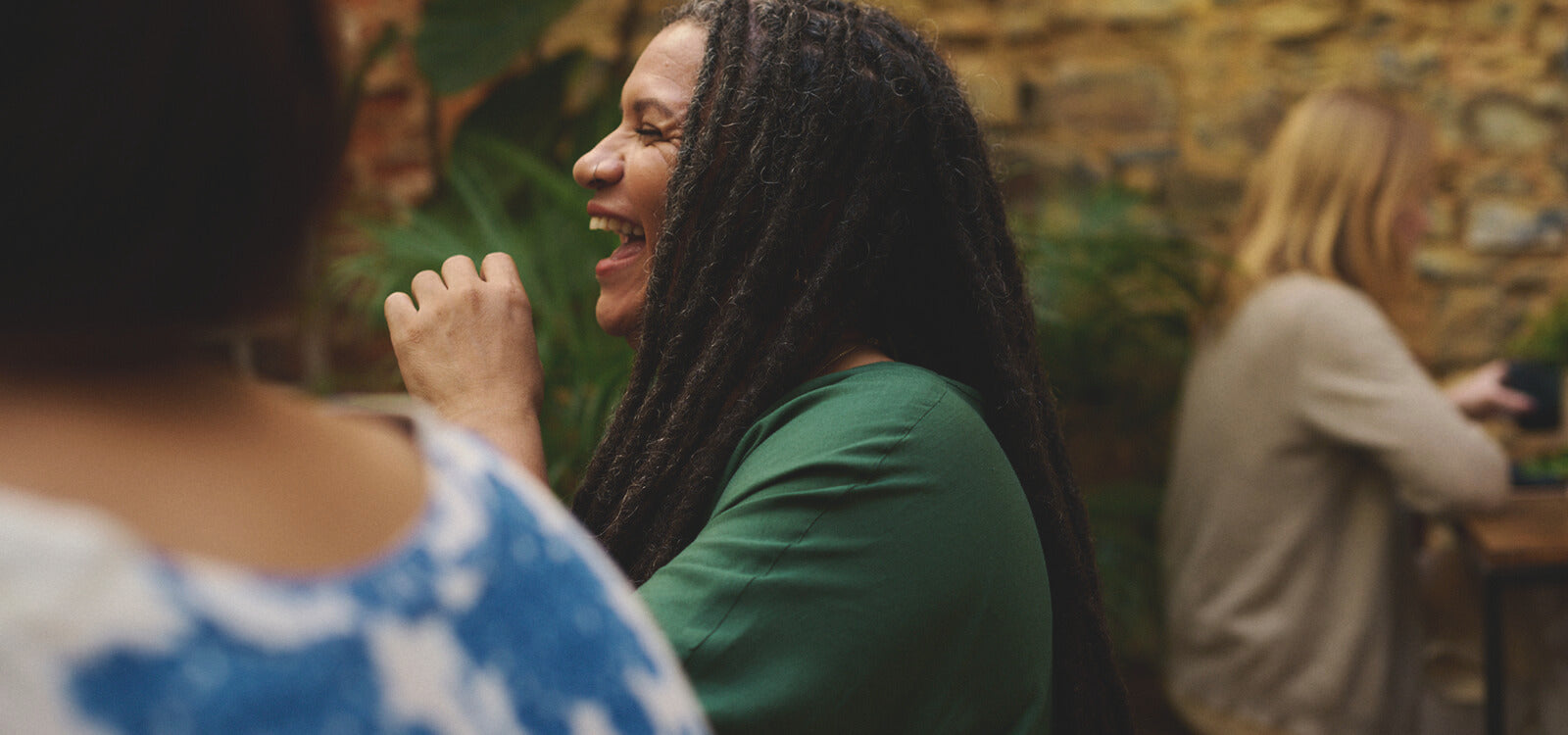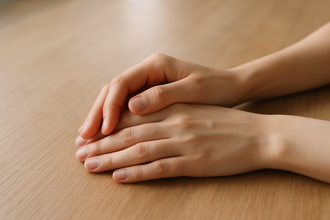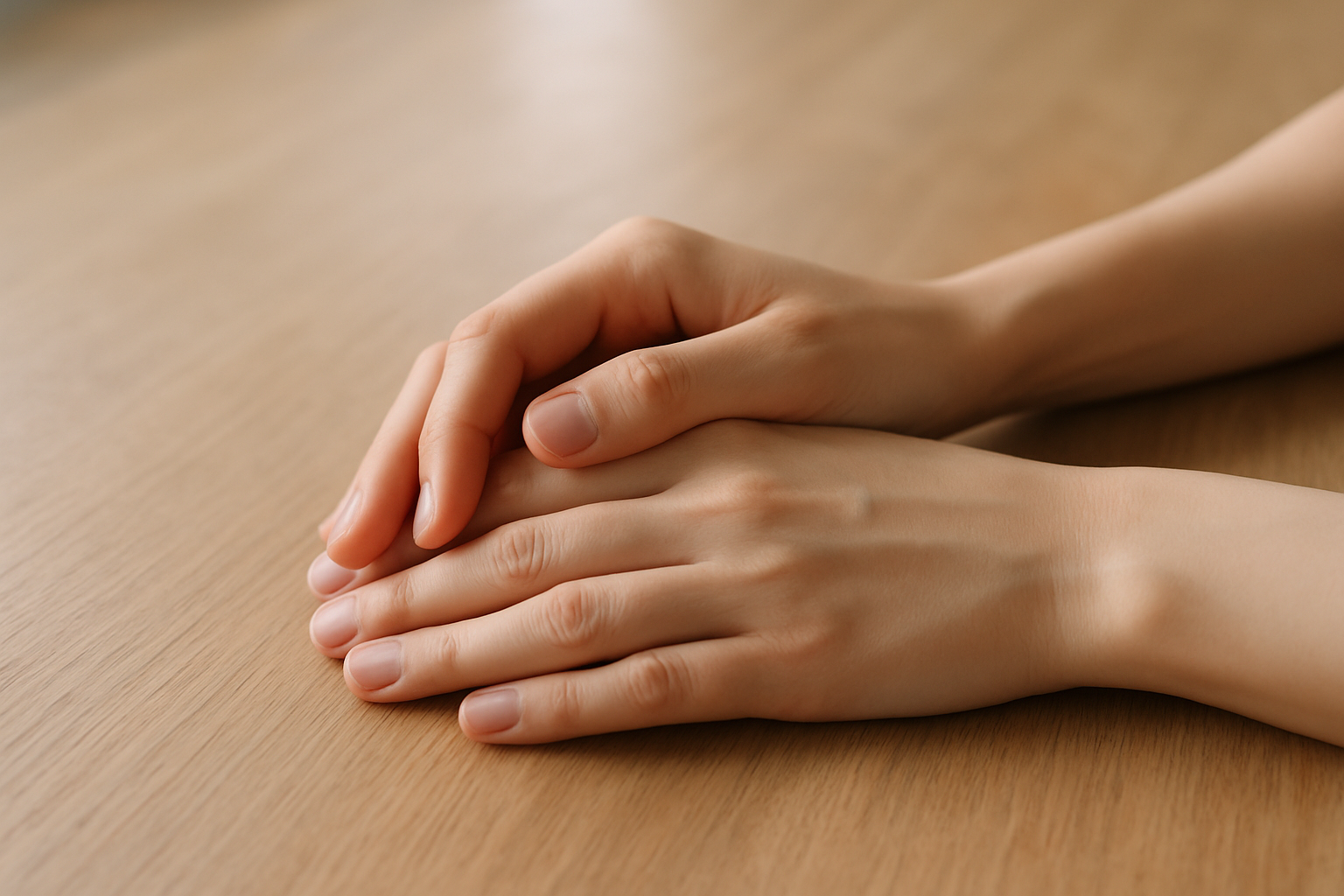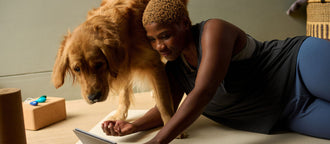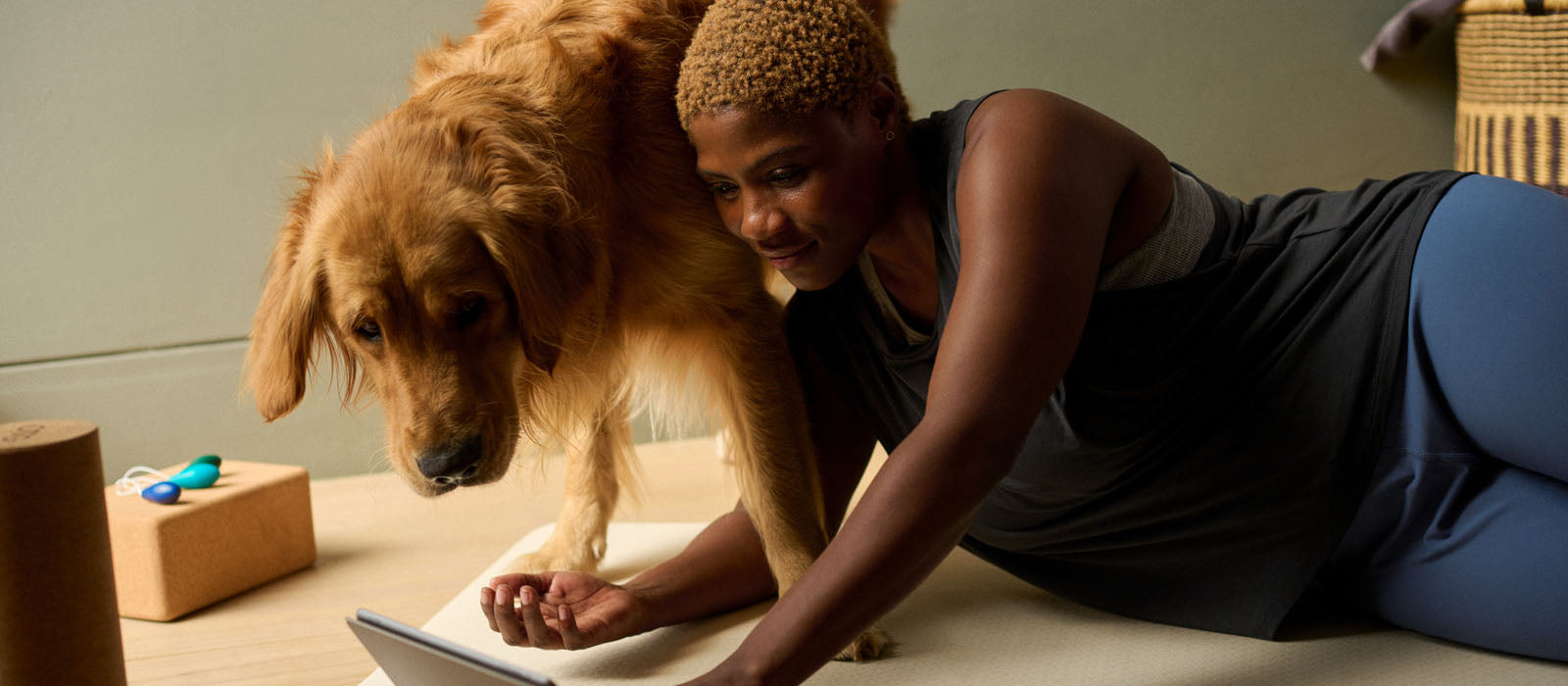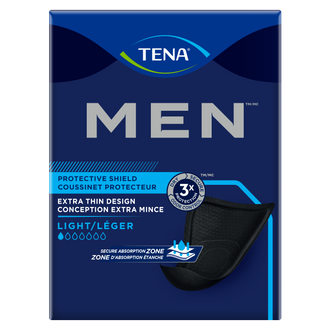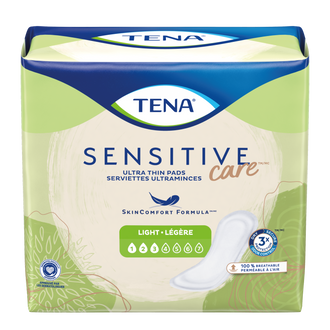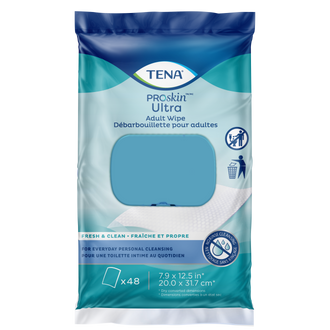Aug 06, 2025
As we get older, our bodies go through all kinds of changes. And yes, that includes the bladder.1 It’s one of those topics people don’t talk about much, but it plays a big role in how comfortable and confident we feel day to day.1
Let’s look at why looking after your bladder becomes even more important with age.
The Importance of Bladder Health as You Get Older
Bladder function naturally changes over time, and while that’s totally normal, it can still affect your overall quality of life. Maybe you’ve noticed you’re making more bathroom trips or feeling a sudden urgency that wasn’t there before.1
Urinary changes like incontinence are very common among older adults.2 Aging muscles, shifting hormones, or slower nerve signals might be behind it. But the good news is, knowing what’s going on helps. Regular screenings and early support can make all the difference.
Common Bladder Issues in Older Adults
Some common concerns include:
Urinary incontinence
Incontinence refers to leaks that you can’t always control.3 It might show up as a few drops when you sneeze or laugh, or as a sudden, strong urge to use the toilet.3 You may have incontinence because of the following reasons:
- Pregnancy
- Childbirth
- Certain health conditions, like stroke or Parkinson’s disease
Overactive bladder
Overactive bladder causes frequent urges, even when your bladder isn’t full. Learn more about OAB. You could have an overactive bladder for several reasons, like:4
- Abdominal injury
- Nerve-related changes
- Certain medications, alcohol, or caffeine
- Bladder infections
Urinary tract infections (UTIs)
Urinary tract infections (UTIs) are more common and sometimes harder to detect in older adults.1 Some risk factors for urinary tract infection include:5
- Holding your pee for too long
- Using a bladder or urinary catheter
- Previous history of UTIs
- Health conditions like kidney stones or diabetes
Having a healthy bladder is important, and we’ve got some lifestyle changes that could help your bladder health.
What Are Bladder Health Screenings?
Bladder health screenings are simple check-ins that help spot issues early on. While many screenings focus on issues like incontinence or UTIs, they can also flag early signs of more serious conditions, like bladder cancer or prostate cancer, especially in older adults.
Screenings are usually quick and non-invasive. They aren’t typically done on a routine basis unless you have higher-risk factors like:6
- Being over 55 years old
- Smoking
- Having chronic bladder infections
In those cases, your doctor may recommend closer monitoring.6
What to Expect During a Screening
During your doctor’s visit, you could expect:7
- A gentle physical exam.
- A chance to talk through any symptoms, like frequent peeing, urinary urgency, or incontinence.
- A short questionnaire or bladder diary to track your habits for a few days.
- Simple tests, such as a pee test or a bladder scan.
It’s all routine, low-stress, and done with your comfort in mind.
Why Early Detection Matters
Bladder issues could show up in a few different ways. For some, it may be incontinence often starts small, maybe the occasional leak when you laugh or sneeze. But without support, it can gradually become more disruptive. Catching it early means you can explore helpful options like pelvic floor exercises, medication, or simple lifestyle tweaks before it affects your day-to-day life.1
For others, it may be more serious concerns, like bladder cancer. Which is often treatable if your doctor detects it early.6 That’s why paying attention to symptoms and, if you have higher risks like smoking or chronic bladder infections, bladder cancer screening could make a real difference. 6
Screenings can catch subtle changes early, making it easier to manage symptoms or even prevent more serious issues down the line. It’s all about staying ahead of the game.
Read more on other related conditions like, diabetes and bladder function weakness, prostate cancer in younger men and nightime incontinence to understand how they affect your bladder health.
Talking to Your Healthcare Provider
We get it. Talking about bladder health might feel a little awkward. But remember, your doctor has heard it all before and is there to help.1 Starting the conversation can feel like a weight off your shoulders, and it opens the door for real solutions that can boost your confidence and comfort.
Here are a few simple ways to ease that discomfort and feel more confident about your bladder health:
- Remind yourself why your bladder health matters.
- Practice sharing your symptoms before your appointment.
- Focus on what you can control.
- Lean on a support system; friends, family, or support groups.
- Celebrate the small wins along the way.
Questions to Ask During Your Visit
Not sure how to start the conversation? Here are a few questions you could consider asking:
- Should I get a bladder screening?
- What symptoms should I be tracking at home?
- Are there lifestyle changes I can try before medication?
- What treatment options are available if something is found?
- How often should I come back for a check-up?
Staying Proactive About Bladder Health
Bladder screenings are a great step, but they’re just one piece of the puzzle. Taking care of your bladder is an ongoing process that involves maintaining a healthy lifestyle. And whether you’re managing symptoms or just being proactive, small changes can add up in a big way. Products designed for men, ">women, and < a href="https://shop.tena.us/collections/caregiver-incontinence-products">even caregivers are also available to help you manage incontinence comfortably and discreetly; leaving you confident every day.
Lifestyle Tips for Prevention and Wellness
Here are some easy, everyday ways to support your bladder health:
- Do pelvic floor exercises (like Kegels) to strengthen muscles.1
- Stay hydrated but spread your fluid intake throughout the day.1
- Maintain a healthy weight, which can reduce pressure on the bladder.1
- Avoid bladder irritants like caffeine, spicy foods, or carbonated drinks.1
- Talk to your doctor for support on how to quit smoking.1
- Track your symptoms to spot patterns and discuss them with your doctor. 1
Want more day-to-day tips? Here’s how to navigate different occasions with confidence.
FAQs
We know talking about bladder health isn’t always easy. But you’re not alone, and getting answers can make a big difference. Here are some common questions to help you feel more informed and confident about taking care of your bladder.
What is a bladder health screening?
A bladder health screening is a simple check-up that helps detect early signs of bladder issues7. like polyuria and frequent urination, chronic bladder infections and bladder cancer. It might include a chat about your symptoms, a urine test, or a quick scan.7
At what age should I start getting bladder screenings?
There’s no one-size-fits-all answer, but many people start talking to their doctor about bladder health around age 50 or earlier if they’re experiencing symptoms. If something feels off (more frequent trips to the bathroom, urgency, or small leaks), it’s always worth asking your healthcare provider.
Are bladder screenings uncomfortable or invasive?
Not at all! Most screenings are quick and non-invasive. Think of it like any other basic health check-up. You might be asked a few questions, asked to provide a urine sample, or get a scan. It’s all done with your comfort in mind.2
Can early screenings really prevent bladder problems?
Absolutely. Catching small changes early can help prevent bigger issues down the line. Whether it’s learning about lifestyle changes, starting pelvic floor exercises, or finding a treatment that works for you, early action can make a real difference in your quality of life.
Can bladder screenings detect cancer?
Yes. Bladder screening benefits you by helping your doctor detect bladder cancer early.6 Especially if you have higher risk factors such as older age or certain workplace exposures.6 It could feel scary but early detection could give you and your doctor more options for next steps in your care.6
References
1. NIH. ’15 tips to keep your bladder healthy’. 2022. Available from: https://www.nia.nih.gov/health/bladder-health-and-incontinence/15-tips-keep-your-bladder-healthy
2. Ge S, Wu KC, Chien SY, Jin X, Park S, Belza B. Urinary concerns among older adults: a qualitative analysis in the context of healthy aging. BMC Geriatrics. 2024 Jul 15;24(1).
3. Tran L, Puckett Y. Urinary Incontinence [Internet]. PubMed. Treasure Island (FL): StatPearls Publishing; 2023. Available from: https://www.ncbi.nlm.nih.gov/books/NBK559095/
4. Overactive Bladder (OAB): Causes, Symptoms & Treatment [Internet]. Cleveland Clinic. 2022. Available from: https://my.clevelandclinic.org/health/diseases/14248-overactive-bladder
5. Lindsey Konkel. Causes and Risk Factors of UTI | Everyday Health [Internet]. EverydayHealth.com. 2024. Available from: https://www.everydayhealth.com/urinary-tract-infection/causes-and-risk-factors-of-utis/
6. The bladder cancer screening guide [Internet]. Acibadem Health Point - ACIBADEM Hospitals - Acibadem Health Group. 2025 [cited 2025 Sep 7]. Available from: https://www.acibademhealthpoint.com/the-bladder-cancer-screening-guide/
7. Stanford Healthcare. ‘Urinary incontinence diagnosis’. 2025. Available from: https://stanfordhealthcare.org/medical-conditions/primary-care/urinary-incontinence/diagnosis.html





















